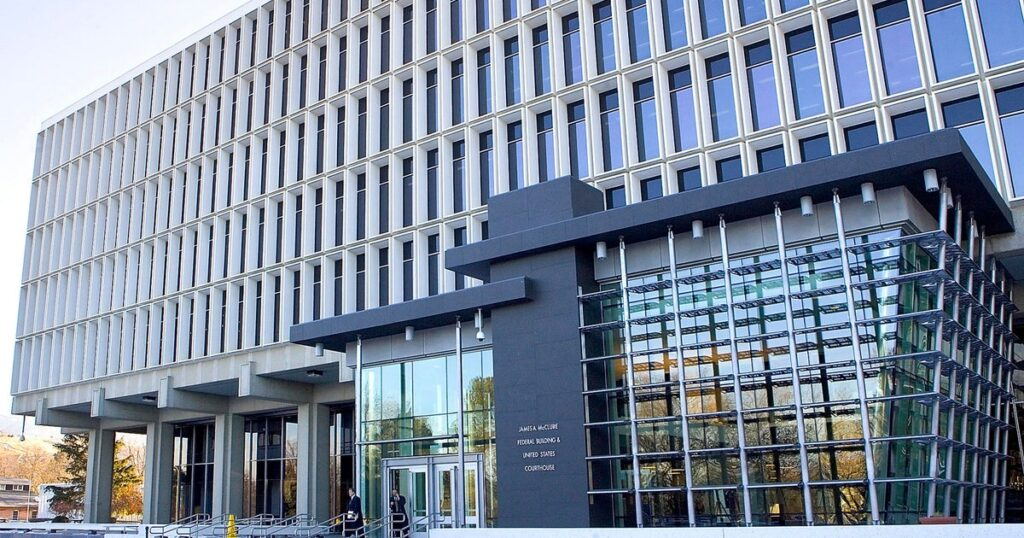A physician in Idaho, along with four residents, is contesting a new state law that suspends certain public benefits for individuals living in the U.S. unlawfully. This includes crucial access to HIV and AIDS medications for low-income patients.
The ACLU of Idaho initiated a federal lawsuit on Thursday evening under the representation of Dr. Abby Davids and four unnamed HIV-positive individuals who are immigrants without legal permanent residency.
The lawsuit claims that the new law is unclear, conflicts with federal regulations, and creates difficulties for healthcare providers in determining which immigration statuses are excluded and how to verify them for patients. They are asking a judge to grant class-action status to widen the ruling’s impact on others affected.
The complaint indicates that many patients at a Boise-area clinic could lose access to HIV and AIDS treatments due to the new law, affecting several individuals under Dr. Davids’ care.
The ACLU argues that stopping HIV treatment for these patients not only harms their health but also poses a public health risk by potentially increasing the spread of HIV. “When her patients are undetectable, they cannot transmit the virus. Without HIV treatment, however, they cannot maintain an undetectable viral level and therefore are able to transmit the virus to others,” they stated in the lawsuit.
This Idaho law is set to go into effect on July 1, and seems to be the first public health benefit limitation since President Trump directed federal agencies to tighten eligibility checks and limit public benefits for ineligible immigrants.
The law mandates that individuals must prove their legal U.S. residency to access public benefits related to communicable disease testing, vaccinations, prenatal and postnatal care for women, crisis counseling, some child food assistance, and even food banks or soup kitchens that rely on public funds.
Federal law generally prohibits undocumented immigrants from receiving taxpayer-funded benefits like Medicare, Medicaid, Temporary Assistance for Needy Families, and Social Security. However, there are exceptions for emergency medical care and other urgent public health services.
While Idaho’s law permits emergency medical services, a letter from Elke Shaw-Tulloch of the Idaho Division of Public Health indicated that HIV is considered a long-term condition rather than an emergency, meaning individuals must verify their lawful status to receive benefits under the federal Ryan White HIV/AIDS Program.
The HIV-positive individuals challenging the law include a Colombian couple with pending asylum cases, a man brought to the U.S. at age four under the Deferred Action for Childhood Arrivals program, and a man from Mexico who has been residing and working in Idaho since 2020.
One patient recounted that she and her husband were diagnosed with HIV in 2019 and commenced antiretroviral therapy immediately, obtaining medications at no charge through the Ryan White HIV/AIDS Program. She noted that the treatment has successfully lowered her viral load to undetectable levels, preventing transmission to others.
“My medication protected my daughter during my pregnancy by stopping the transmission of HIV to her,” she stated in a legal document.
The treatment has allowed her to enjoy watching her child grow up, she expressed.
Dr. Davids has been seeking clarification from the Idaho Department of Health and Welfare for weeks regarding the type of verification her patients will need and which immigration statuses are deemed “lawful.” However, the state has not yet provided clear guidance, according to the lawsuit.
“I am truly worried about what this implies for many of our patients. Their lives are now at risk,” Dr. Davids mentioned in a May 30 email to the Department of Health and Welfare.


